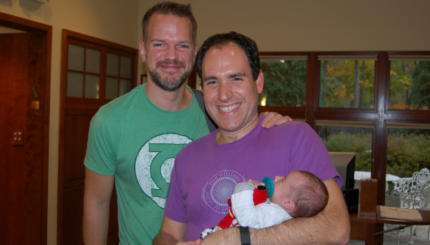conversion
The Mikveh’s Significance in Traditional Conversion
Immersion in the mikveh actualizes the transition between the convert's old identity and his or her new one as a Jew.
Choosing a Hebrew Name
As with a literal newborn, the convert as a spiritual newborn selects a Hebrew name and adopts Abraham and Sarah as spiritual parents.
The Rabbinic Conversion Ceremony
The different layers of the rabbinic discussion of conversion reveal the beginnings of a transformation from a citizenship ritual to a theological initiation rite.
The Problem: Token Conversions for Interfaithless Marriages
Assimilation has created a profound disconnect between Jews and their religion that deeply disturbs the author and impels him to experiment with new solutions.
The Beit Din (Rabbinic Court) and Conversion
Final authority for conversion rests with the three-person beit din, which rules on a candidate's sincerity, knowledge, and potential for success as a Jew.
One Solution: A Pluralistic Outreach-Inreach Program
The author proposes that only an active program that combines inreach to "faithless" Jews and outreach to unchurched spiritual seekers can revitalize the Jewish community.
About Conversion to Judaism
Traditionally Judaism has been concerned about a Jew by choice's motives.
Converting Infants and Children
In traditional communities, a child must be formally converted if adopted or born to a non-Jewish mother.
Developing a Relationship With the Born-Jewish Family
A convert must step gingerly across a minefield of long-held expectations, sometimes complicated by ambivalence toward Jewishness.
Conversion Requires Identity Transformation
Conversion means life change, but the path to Jewish identity varies widely.


